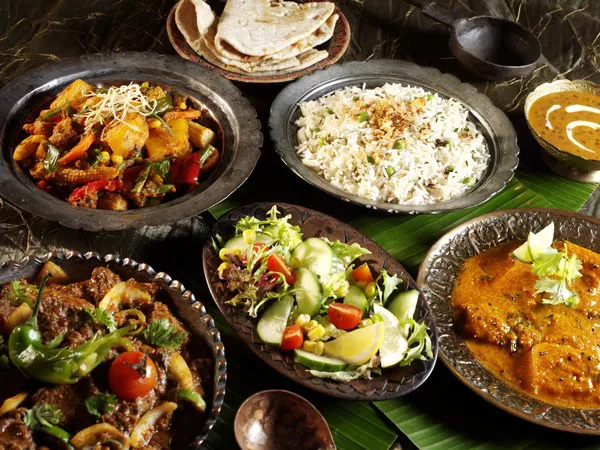FAQs
What can I drink to reduce inflammation?
Drinking green tea can help reduce inflammation due to its high content of antioxidants, particularly epigallocatechin-3-gallate (EGCG). Other beneficial beverages include turmeric tea, which contains curcumin, a powerful anti-inflammatory compound, and tart cherry juice, known for its anti-inflammatory and antioxidant properties.
What are three best foods to fight inflammation?
Three of the best foods to fight inflammation are fatty fish, such as salmon, mackerel, and sardines, which are high in omega-3 fatty acids. Leafy green vegetables, like spinach, kale, and collard greens, are rich in antioxidants and polyphenols. Berries, such as blueberries, strawberries, and raspberries, provide high levels of vitamins, fiber, and antioxidants.
What is the number one inflammatory food?
The number one inflammatory food is sugar. Excessive sugar intake, especially in the form of sugary drinks and processed foods, can trigger the release of inflammatory markers, contributing to chronic inflammation and various health issues such as obesity, diabetes, and heart disease. Reducing sugar consumption is crucial for managing inflammation.
Related topics:
- Managing Psoriatic Arthritis Through Diet: What Not to Eat
- Incubation Period of Shingles: What You Need to Know
- Understanding and Managing Hypochondria: A Comprehensive Guide


